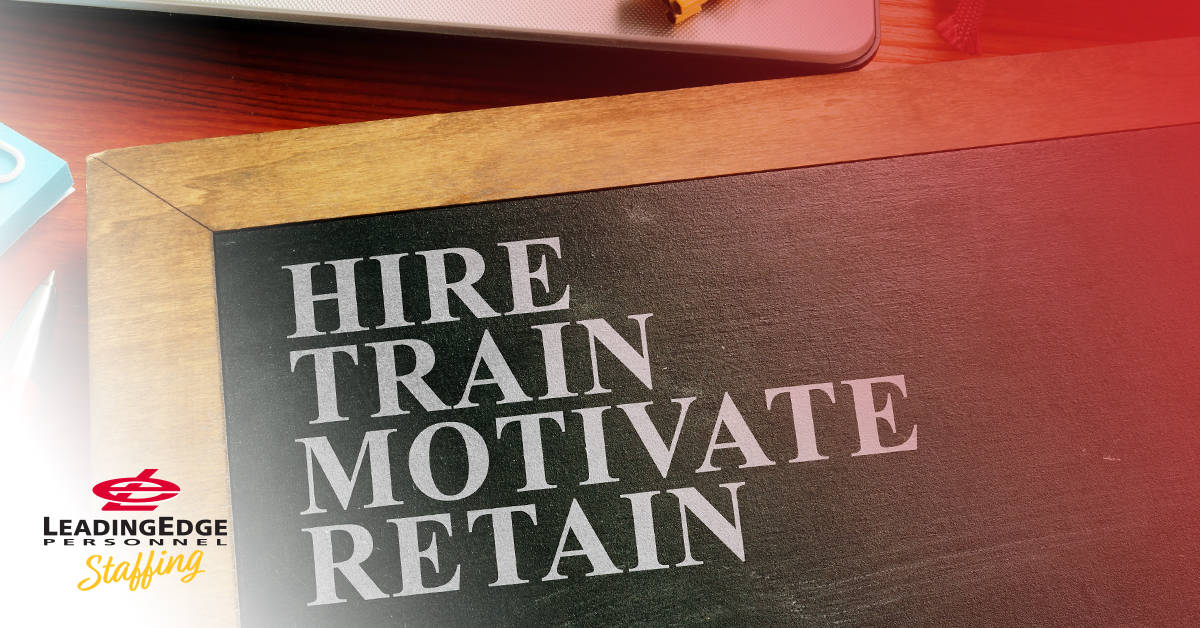Blog
26 Oct Look for Ways to Be Different in Your Job Search
It’s the biggest, most challenging, most unpredictable question in the job search: How do I stand out from other candidates? Short of being psychic and knowing exactly who else is applying for a position and what they bring to the table that’s different from your...
19 Oct Hire Remote Talent Quickly with These Tips!
This year’s challenges have certainly made some aspects of doing business more complicated than normal. Instead of being able to bring people in for interviews, everything is done remotely. Keeping up with customers is now a matter of video chats and phone calls instead of meetings and conversations over coffee or meals.
Working remotely has some opportunities as well: No longer are your applicants limited to a specific geographic area. If working from home is part of your current model and your future expectations, it’s time to embrace some tactics for finding and hiring excellent talent quickly.
12 Oct Stand Out with These Customer Service Skills
Every customer is different, so when three people contact a company looking for support, they’re going to be looking for three different things.
When you work in customer service, you’re not expected to be a mind reader, but reading people’s tone is key to a good experience, as is the ability to stay calm when things get hectic.
There’s no one way to be a great customer service representative, but there are some skills and abilities that can help you stand apart from the crowd.
Here’s what to keep in mind, and what skills to develop to be an excellent customer service rep:
05 Oct Attracting the Career-Minded Candidate
You don't want to attract just any job seeker. You want to attract one that will work for YOUR team.
There's another group of job seekers; however, people who are looking to find a place to make a professional home. They're looking for a way to advance and further their career, to put down roots and grow with a company as they advance through their career. These are the people you should look for when interviewing, the ones who should be called in for the second round, and the ones who can likely add the most to your team.









